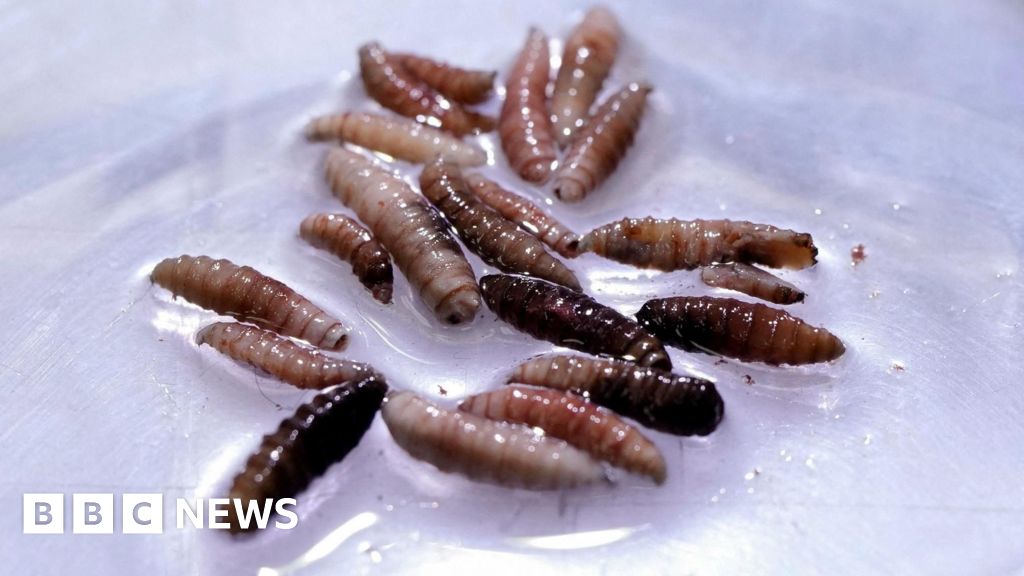The number of animals infested with New World screwworm (NWS), a flesh-eating parasite, has risen by 53% in the four weeks leading to mid-August, according to Mexican government data.
Infestations from the fly larvae primarily affect cattle, but officials have also reported cases in dogs, horses, sheep, and even humans.
Local media indicate that dozens of people have received treatment for the infestation in hospitals across the southern states of Campeche and Chiapas.
This rise in affected animals comes shortly after U.S. health authorities confirmed the first human case of NWS in a patient returning from El Salvador.
NWS was declared eradicated in the U.S. in 1966, and Mexico followed suit in 1991. However, it remains prevalent in tropical and subtropical areas of Central and South America, and recently has begun to spread northward, with the first new case reported in Mexico in November 2024.
Female New World screwworm flies (Cochliomyia hominivorax) lay their eggs in or near the open wounds of warm-blooded animals, attracted to mucous membranes including the nose, mouth, eyelids, ears, and genitals.
The eggs hatch into maggots that burrow into the wound or membrane, feeding on living flesh, a condition known as myiasis. If untreated, this can result in severe damage and even fatal consequences as the larvae invade tissues.
Although fatal cases in humans are rare, those with pre-existing health conditions and the elderly are advised to take extra precautions. Mexico's health ministry reported the death of an 86-year-old woman in Campeche due to skin cancer exacerbated by a screwworm larvae infestation.
People working with livestock or living in rural areas where infested livestock are present are at greater risk. The U.S. Centers for Disease Control and Prevention urges individuals returning from regions where screwworms are present to be vigilant for symptoms, including unexplained skin lesions and observing larvae movement within wounds.
Experts emphasize preventive measures like keeping wounds clean and covered and using insect repellents. They also recommend seeking medical help for anyone suspecting infestation.




















